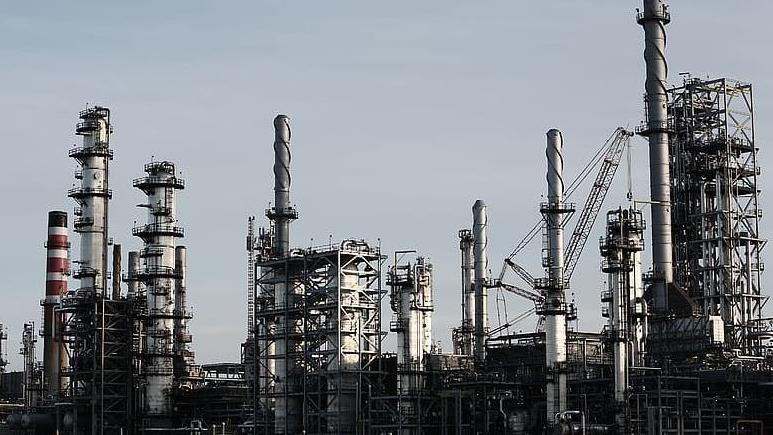The UAE has pledged to deploy advanced technology including drones and satellites, as well as decarbonise natural gas through blue hydrogen production, in order to further improve its methane reduction performance.
This comes as the country joined the global pledge to cut methane emissions by 30% in 2030 compared with 2020 levels.
As of 2 November, a total of 103 nations have joined the global methane reduction pledge at the ongoing Conference of the Parties (COP26) of the United Nations Framework Convention on Climate Change (UNFCCC).
Fifteen of the world’s biggest methane emitters, including the European Union, US, UK, Indonesia and Iraq, have signed the pledge, which is voluntary and not legally binding.
However, China, India, Russia and Australia have yet to commit to the target.
The UAE maintains it is one of the least methane intense nations in the world, following initiatives spanning five decades to reduce the volume of natural gas flared in the domestic energy sector by 90%.

US Tariffs are shifting - will you react or anticipate?
Don’t let policy changes catch you off guard. Stay proactive with real-time data and expert analysis.
By GlobalDataThe UAE’s hydrocarbon industry today holds one of the world’s lowest methane intensities of 0.01%, the official Emirates News Agency said.
In addition to the UAE and Iraq, Saudi Arabia has also set a 30% methane reduction target by the end of the decade.
A potent greenhouse gas, methane is the second-largest contributor to climate change next to carbon dioxide. Agriculture, waste disposal and fossil fuel production account for 60% of methane emissions globally.
According to the UN’s Global Methane Assessment, drastically cutting methane emissions is vital to avoid the worst impacts of climate change.
Cutting methane emissions by up to 45% this decade would avoid nearly 0.3°C of warming by 2045. In turn, this could help curb a rise in global temperatures to 1.5°C compared with pre-industrial levels, a goal of the Paris Agreement.
Energy Transition in the Middle East
A major new report from MEED looks at how the global shift away from fossil fuels is reshaping energy policy in the Middle East and North Africa, and its impact on business and project investment.
Learn more about the report here
This article is published by MEED, the world’s leading source of business intelligence about the Middle East. MEED provides exclusive news, data and analysis on the Middle East every day. For access to MEED’s Middle East business intelligence, subscribe here.





